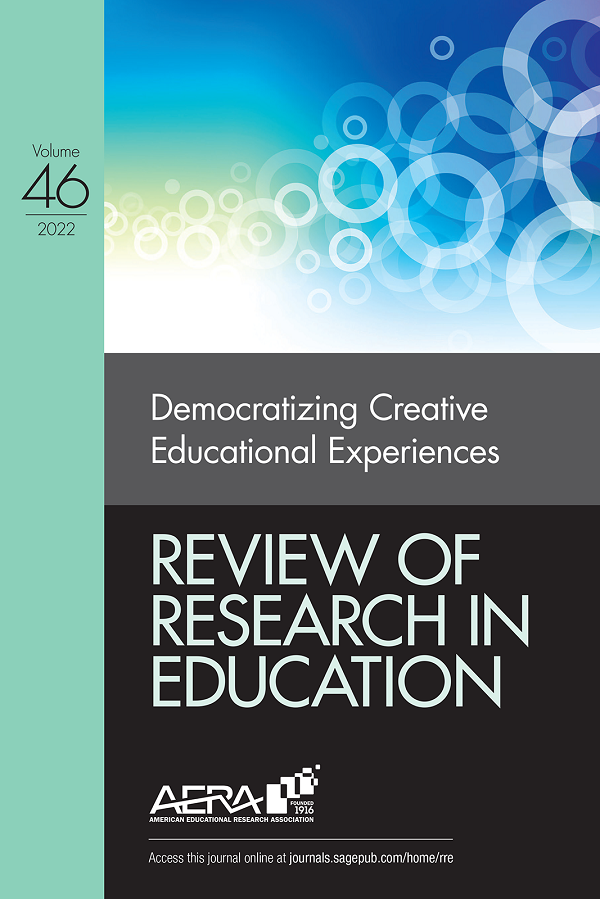持续改进研究:探索管理教育变革的复杂性
IF 2.4
1区 教育学
Q1 EDUCATION & EDUCATIONAL RESEARCH
引用次数: 30
摘要
由于对大规模基于研究的改进的主导“什么有效”范式感到沮丧,从业者、研究人员、基金会和政策制定者越来越多地接受一套可以统称为持续改进(CI)方法的想法和实践。本章对这些方法进行了比较回顾,特别关注CI方法的智力影响、行动理论以及实践中的启示和挑战。我们首先绘制并探索了CI方法所借鉴的共同知识祖先。然后,我们讨论了CI方法明确涉及的三种复杂性——模糊性、可变性和相互依赖性——以及CI方法如何寻求局部知识和形式知识的平衡以应对这种复杂性。我们继续认为,CI方法通常不太关注教育变革的关系和政治层面,这导致了实践中的挑战。最后,我们考虑了CI方法对大规模影响的期望,并提出了一些建议,为未来的研究和实践提供信息。本文章由计算机程序翻译,如有差异,请以英文原文为准。
Research on Continuous Improvement: Exploring the Complexities of Managing Educational Change
As a result of the frustration with the dominant “What Works” paradigm of large-scale research-based improvement, practitioners, researchers, foundations, and policymakers are increasingly embracing a set of ideas and practices that can be collectively labeled continuous improvement (CI) methods. This chapter provides a comparative review of these methods, paying particular attention to CI methods’ intellectual influences, theories of action, and affordances and challenges in practice. We first map out and explore the shared intellectual forebears that CI methods draw on. We then discuss three kinds of complexity to which CI methods explicitly attend—ambiguity, variability, and interdependence—and how CI methods seek a balance of local and formal knowledge in response to this complexity. We go on to argue that CI methods are generally less attentive to the relational and political dimensions of educational change and that this leads to challenges in practice. We conclude by considering CI methods’ aspirations for impact at scale, and offer a number of recommendations to inform future research and practice.
求助全文
通过发布文献求助,成功后即可免费获取论文全文。
去求助
来源期刊

Review of Research in Education
EDUCATION & EDUCATIONAL RESEARCH-
CiteScore
15.70
自引率
0.00%
发文量
14
期刊介绍:
Review of Research in Education (RRE), published annually since 1973 (approximately 416 pp./volume year), provides an overview and descriptive analysis of selected topics of relevant research literature through critical and synthesizing essays. Articles are usually solicited for specific RRE issues. There may also be calls for papers. RRE promotes discussion and controversy about research problems in addition to pulling together and summarizing the work in a field.
 求助内容:
求助内容: 应助结果提醒方式:
应助结果提醒方式:


